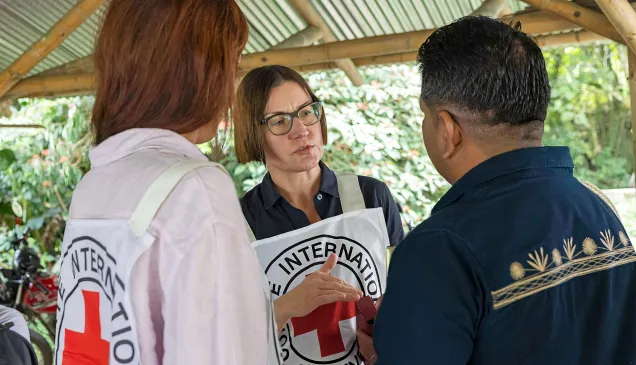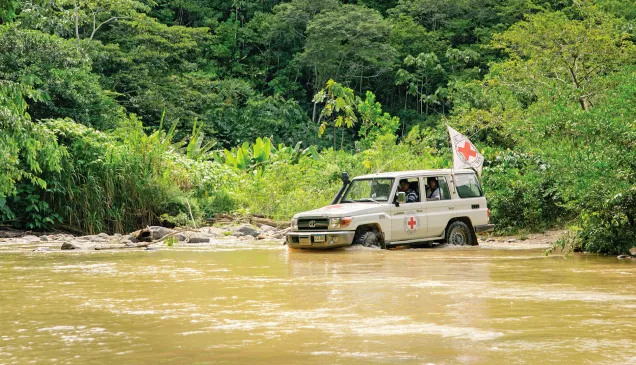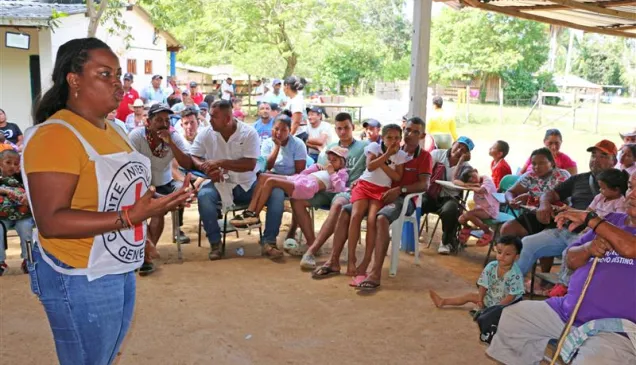Health in the midst of conflict
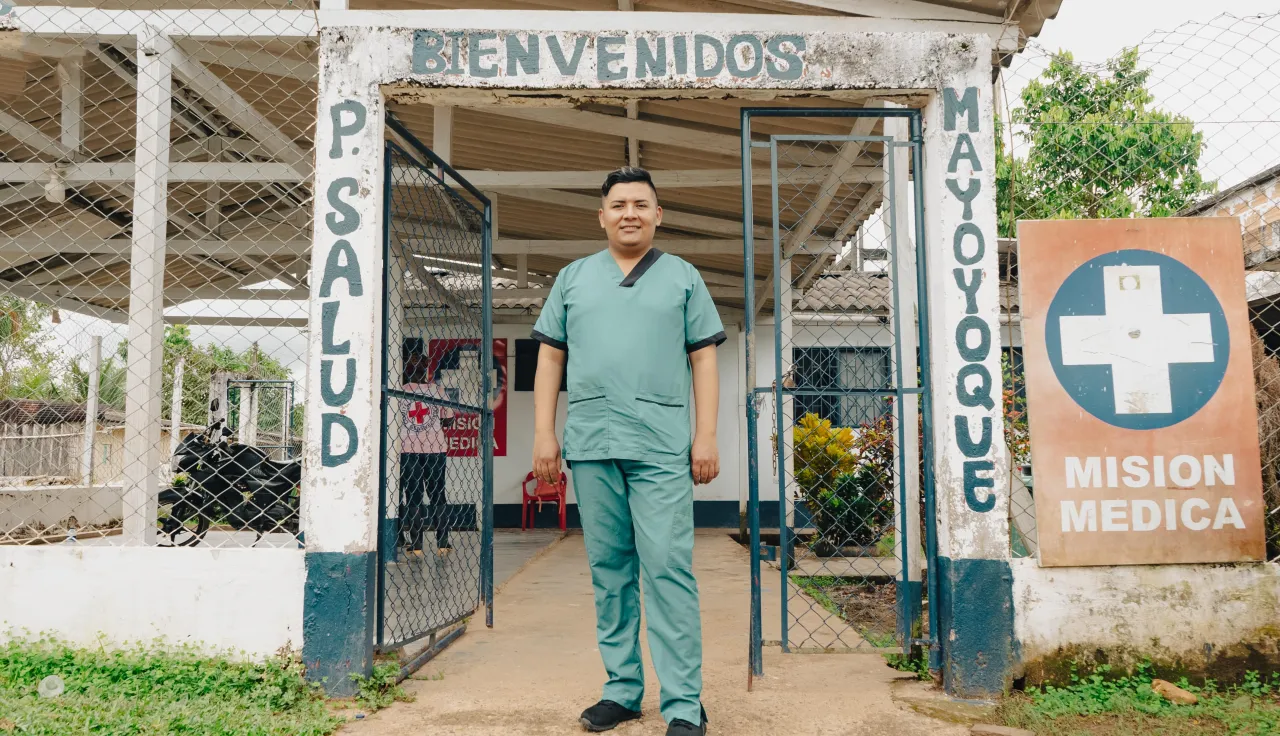
Attacks on health workers were particularly serious last year in the areas hardest hit by the armed conflicts and add to the many hardships generated already by the violence endured by the civilian population in those areas.
Our presence and our dialogue with health workers in these areas enabled us to identify acts of violence committed against health care that had not been recorded in the official system. The violence affected in particular the departments of Arauca, Nariño, Cauca, Norte de Santander, Putumayo, Chocó and Antioquia.
In 2022, we recorded the killing of at least seven patients and health workers. This is more than the total number of killings (six) that took place between 2018 and 2021. In addition, we received information about other types of violence against the health-care sector, such as sexual violence, armed actors holding up ambulances at checkpoints, forced removal of patients from ambulances, as well as threats and blackmail.
The provision of health care is also affected by certain situations – such as the detonation of explosive devices near health facilities or the confinement of communities, which prevents them from accessing health care.
In addition, there were cases of health workers being taken against their will to treat wounded or sick people. In such instances, health workers are at risk of being caught in the crossfire and of being tried for giving medical treatment to those who were taking part in hostilities. It should be noted that IHL and other humanitarian norms safeguard health workers against attack during hostilities, as well as against being tried for providing medical treatment to any party to a conflict, in accordance with medical ethics.
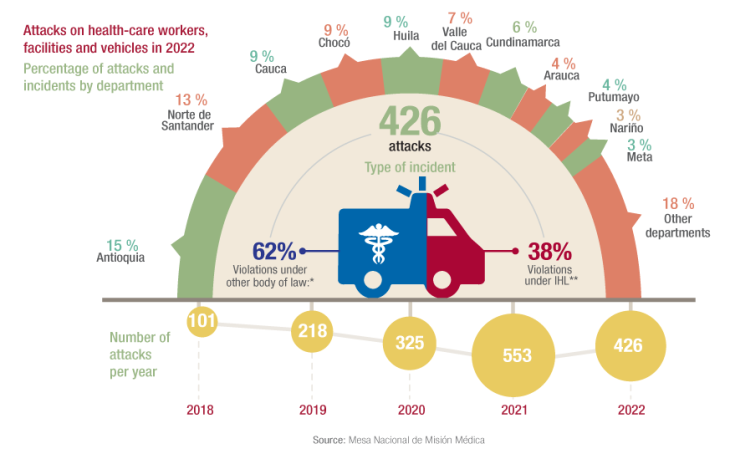
*This refers to attacks on health care carried out outside the context of armed conflicts and therefore covered by domestic law and international human rights law.
**This refers to attacks on health care carried out within the context of armed conflicts and therefore covered by the provisions of IHL.
Despite this violence against health care in remote areas affected by the armed conflicts, we regularly find paramedics, nurses, doctors, ambulance drivers and public health teams continuing, resiliently and courageously, to provide health-care services to people and communities.
Some have to travel for eight hours by mule to reach those most in need. Frequently, we ask ourselves "Where do they get the strength?" In Putumayo, we received this answer: "All lives are worth the same."
Despite this bravery, we mustn't forget that this violence has a considerable impact on their mental health and requires a different focus.
Although the context of armed conflicts presents the most complex facts, attacks on health care were also recorded in other situations. Last year, the Mesa Nacional de Misión Médica recorded 426 attacks against health-care workers, facilities and vehicles – 62 percent of which had no relation to the armed conflicts.
Beyond this particular context, it is important to understand that those who provide health care must be respected and protected in all circumstances because the lives of others depend on them.
More about 'Humanitarian Challenges 2023'
- Civilian population trapped in fear and anxiety
- "The importance of humanitarian action" Lorenzo Caraffi
- The constant threat of explosive hazards
- Unending uncertainty
- Overcrowding in temporary detention centres getting worse
- Releases: A reflection of our role as neutral intermediary
- Calls to action from ICRC to Colombia in 2023
- Colombia: Stories from the field

